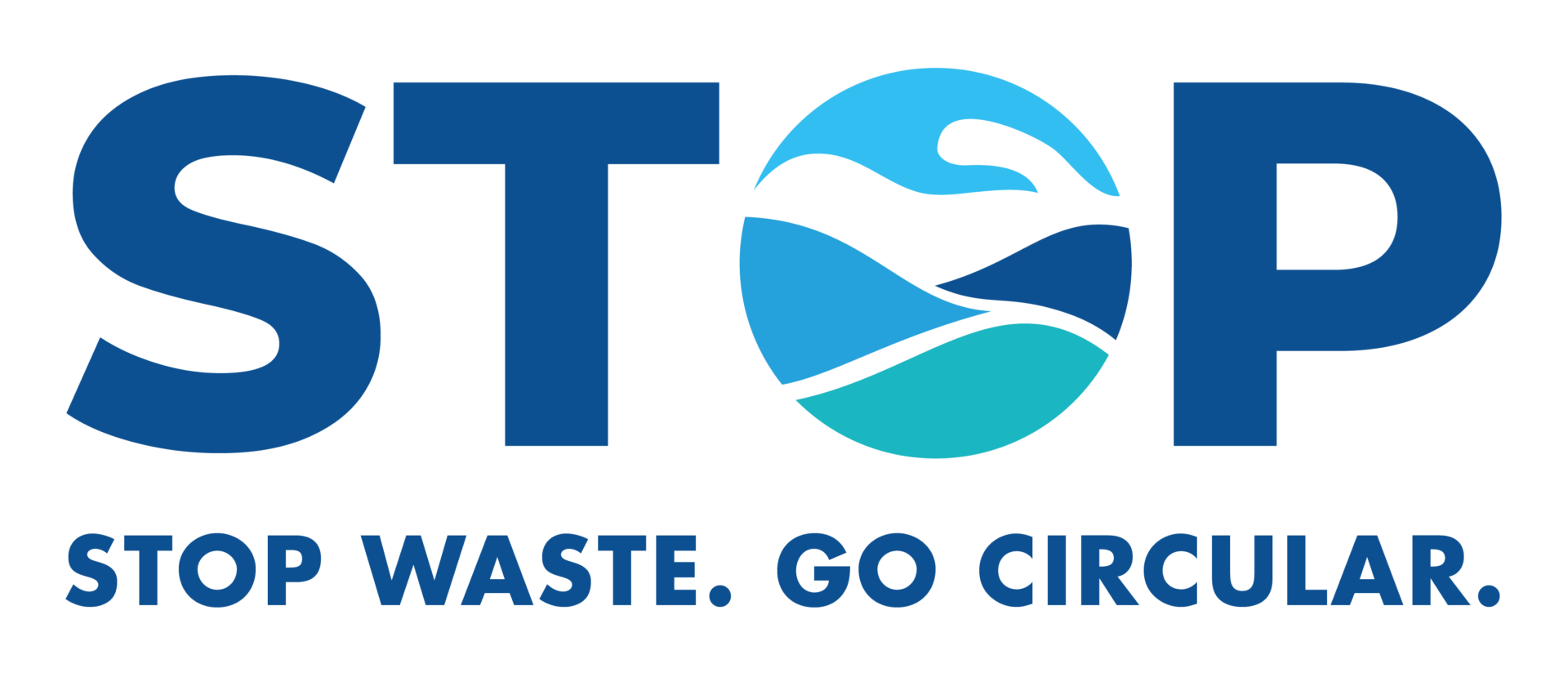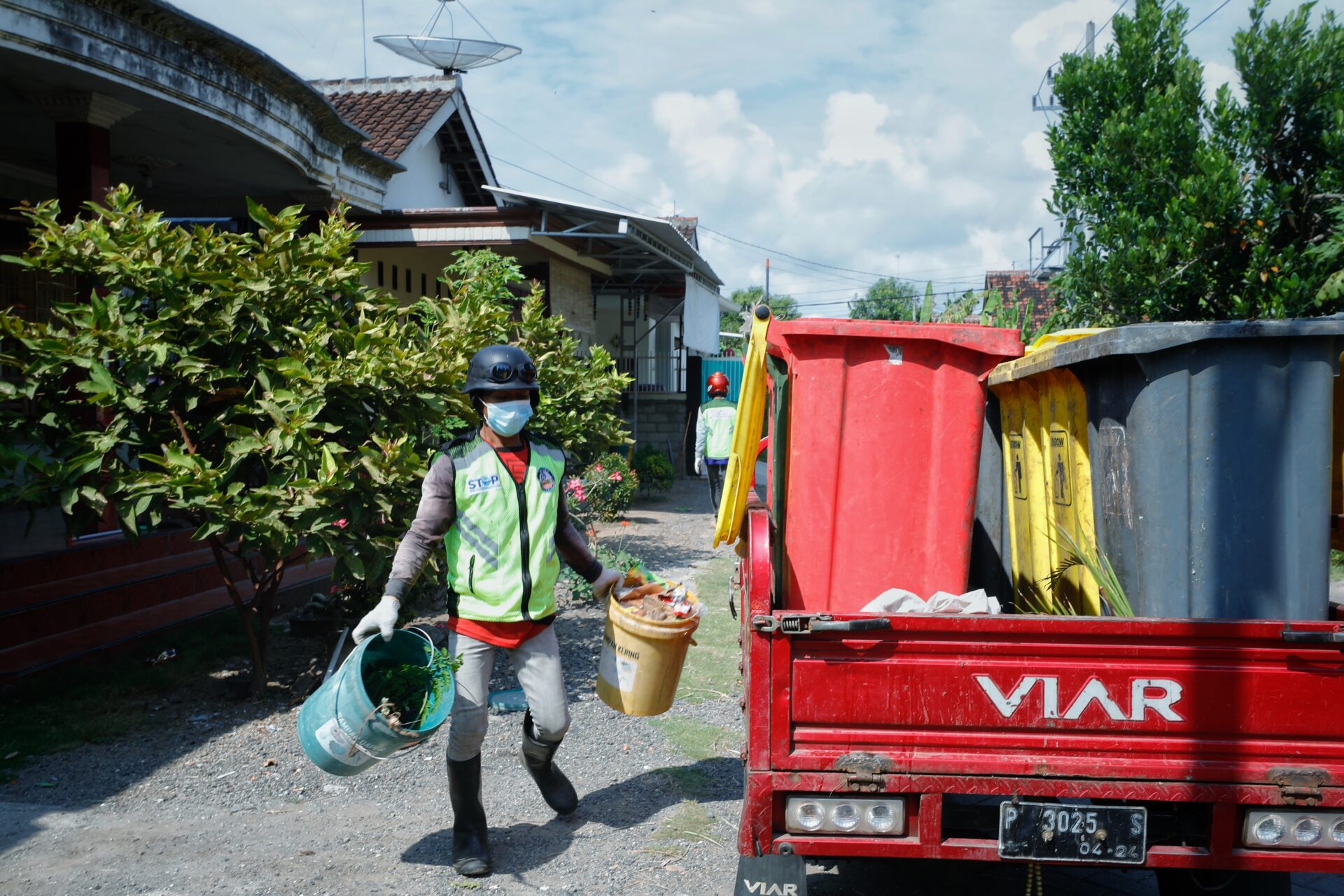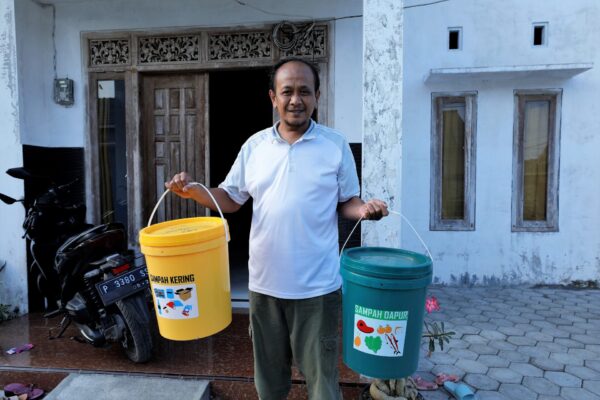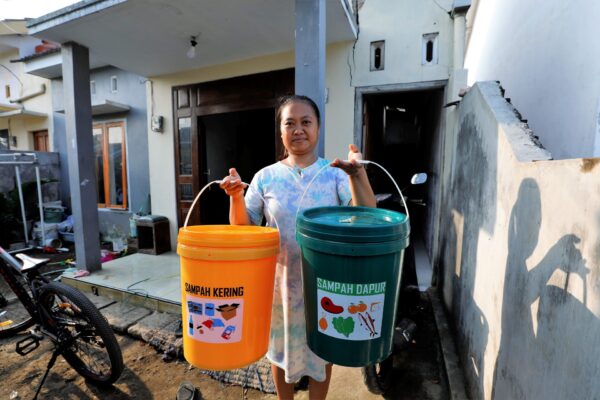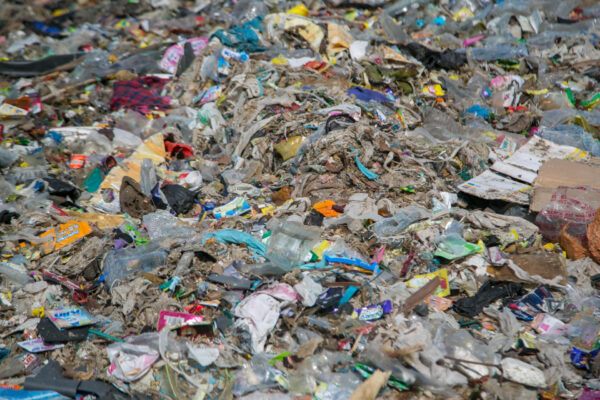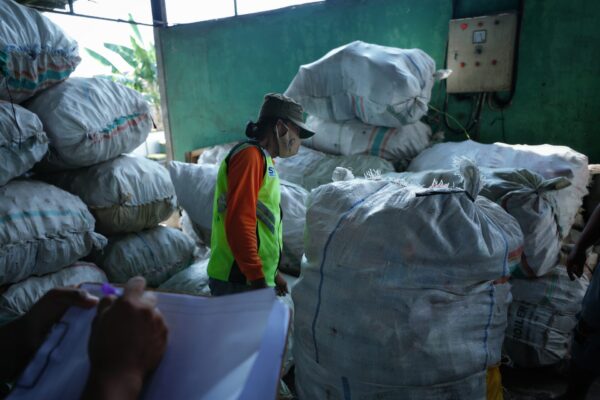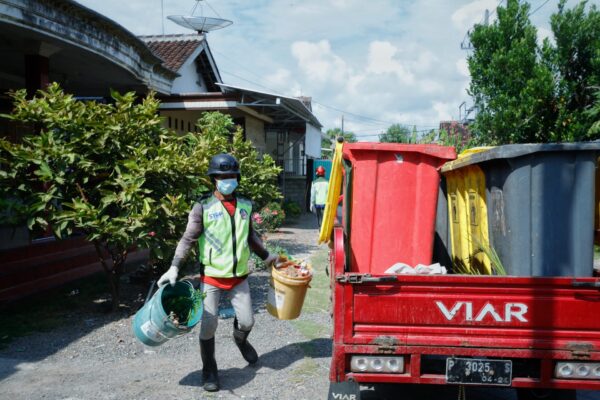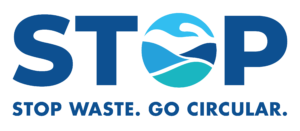PROJECT STOP
GAMBARAN
Setiap hari, 850 ton sampah dihasilkan di Kabupaten Banyuwangi dengan lebih dari 78%, atau 666 ton sampah yang tidak terkelola dengan baik[1] primarily from households burning or dumping their waste in nearby rivers or the environment. Project STOP is working with the Banyuwangi government to implement Banyuwangi’s ambitious Solid Waste Master Plan, co-developed by several Banyuwangi Agencies, the CLOCC program[2] dan Project STOP.
Project STOP Banyuwangi is an expansion from Project STOP Muncar that combines a regency level waste system model with a materials venture. This integrated approach of a circular waste and recycling solution allows Project STOP to optimise the waste economics. Launched in February 2022 by Borealis and Systemiq, in partnership with the Banyuwangi Government in East Java, Indonesia, Project STOP Banyuwangi is a collective initiative to strengthen the waste management systems approach for the better livelihood and healthy environment. Banyuwangi Regency is located in the east of the island of Java, the geographic and economic centre of Indonesia, and home to more than half its people.
The BWH program encourages the implementation of an integrated waste management system at the district level, including the establishment of the Balak Material Recovery Facility (MRF), which is currently built and operational in Balak Village, Songgon Sub-district. Supported by various partners, including the Coordinating Ministry for Maritime Affairs and Investment, the Ministry of Environment and Forestry, Banyuwangi Regency Government, Clean Rivers, Norwegian Ministry of Foreign Affairs, USAID, Borealis, Partnering for Green Growth and the Global Goals (P4G), Borouge, Accenture Foundation, and Systemiq, it is expected to promote local economic recovery and enhance the quality of public health, in line with the mission of the Banyuwangi Rebound program. Through collaboration, education, and appropriate infrastructure, it is hoped that the government and the community can create a cleaner and healthier environment.
[1] https://www.cloccglobal.org/post/clocc-finds-that-78-of-waste-in-banyuwangi-is-unmanaged
[2] https://www.cloccglobal.org/
Mengoptimalkan keberlanjutan finansial pengangkutan dan pemilahan sampah tetap menjadi prioritas utama bagi semua mitra untuk memastikan kelangsungan sistem pengelolaan sampah di masa depan. Project STOP mengeksplorasi model pembiayaan berkelanjutan melalui sistem-sistem pada sektor pemerintah dan swasta. Pembiayaan yang diperbarui akan mendukung model tata kelola yang terkoordinasi dengan tanggung jawab dan akuntabilitas yang jelas, yang selanjutnya berkontribusi pada efektivitas dan efisiensi sistem persampahan. Upaya ini secara keseluruhan bertujuan untuk berkontribusi pada komitmen nasional Indonesia untuk mengurangi polusi plastik laut sebesar 70% pada tahun 2025.

